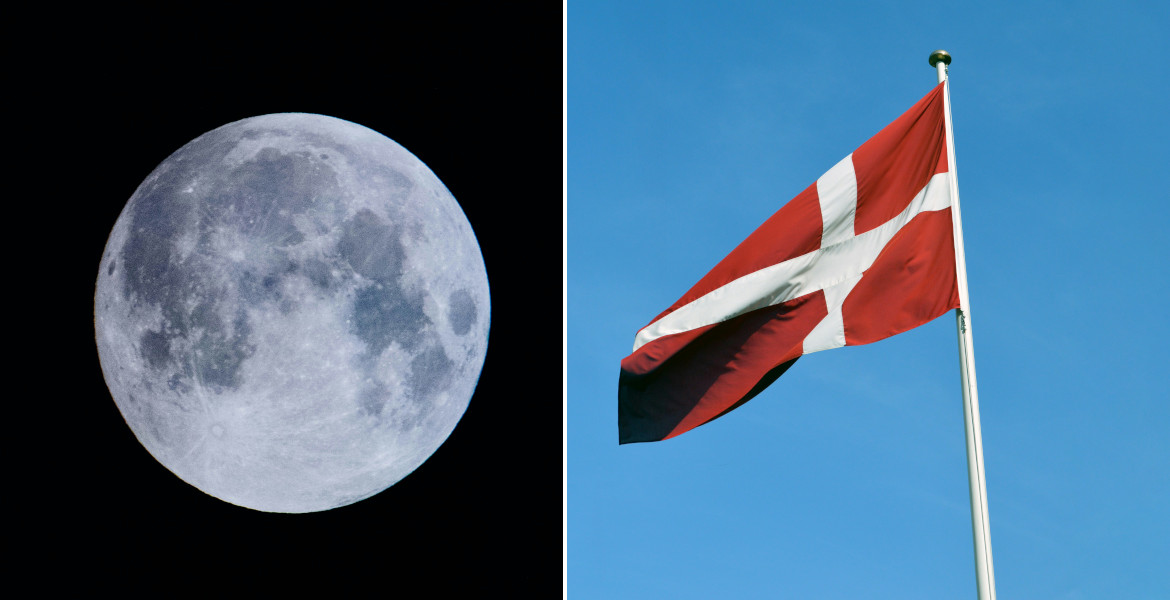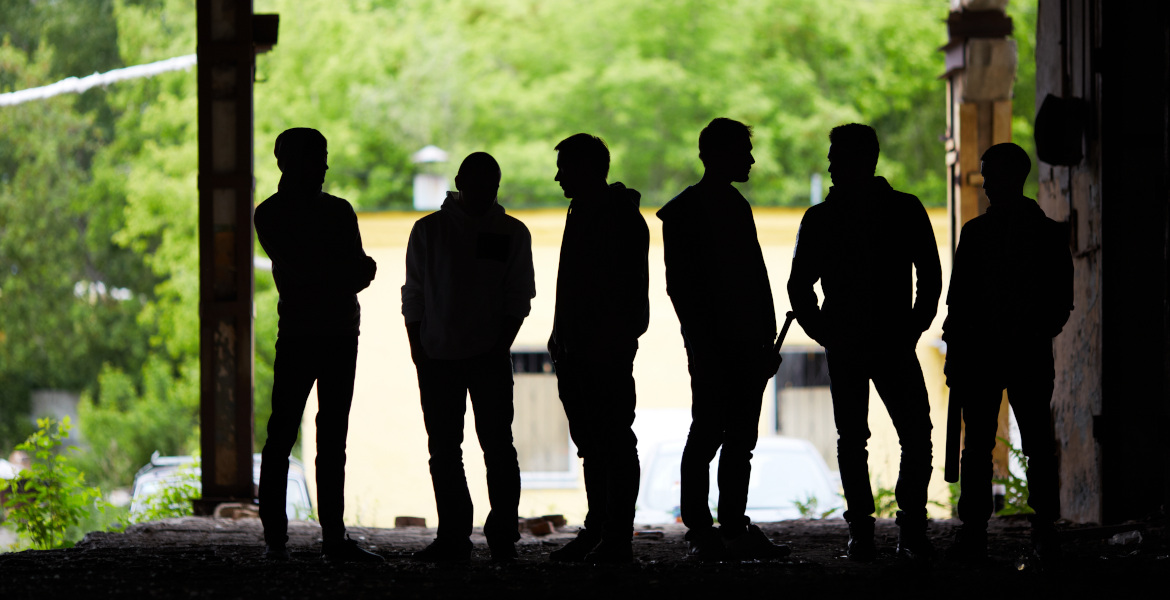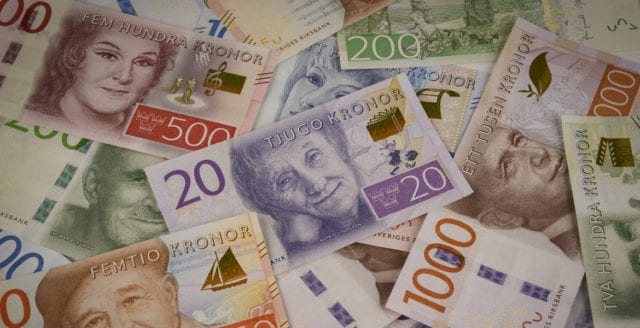The Danish police issued a temporary ban on the Danish branch of the Bandidos motorcycle club on Wednesday. Police spokespersons justify the ban in light of the “violent behavior” of the biker club.
The temporary ban is based on the assessment that the group's activities and the behavior of its members “pose both a serious threat to the life and safety of citizens, but also to public order as such,” said Lasse Boje, head of Denmark's national special crime unit, which deals with the most complex economic crime, such as organized crime and cybercrime.
The ban has come into effect immediately, meaning that members of the group cannot use their clubhouses, hold meetings or wear their insignia.
Denmark: Police have imposed a temporary ban on the Bandidos MC, prohibiting members from displaying their patches in public. The decision, made by the Court in Helsingør, is based on concerns about the club's illegal activities and violent conflicts.
1/2 pic.twitter.com/1pr0Zesjik— Crime Intel (@WorldCrimeIntel) May 22, 2024
“Brutal behavior”
Police Chief Boje emphasizes that “their violence must stop now”, adding that the Danish branch of Bandidos has been involved in at least 10 violent conflicts with other criminal groups over the past decade.
He said that while they will not cease to exist and be criminals, “this will, among other things, weaken their ability to recruit”.
Last month, the Danish government announced that it wants a court to formally dissolve Bandidos. Under the Danish constitution, an organization that promotes or incites violence can be dissolved by a court.
Justice Minister Peter Hummelgaard said at the time that “freedom of association was not created to protect evil criminals” and that Bandidos had engaged in particularly “brutal behavior”.
Bandidos MC
- Founded: March 4, 1966
- Founder: Donald Eugene Chambers
- Origin: San Leon, Texas, USA
- Motto: “We are the people our parents warned us about”
- Symbol: A Mexican bandit with machete and gun
The Bandidos is an international motorcycle club known both for its social activities and for its reputation for involvement in criminal activities, including drug trafficking, violent crime and extortion. Bandidos has thousands of members globally, with chapters in over 20 countries.
Bandidos MC Denmark
Bandidos established its first chapter in Denmark in 1993. The Danish branch of Bandidos has been involved in several high-profile conflicts, including the so-called “Nordic MC war” in the 1990s between Bandidos and Hells Angels. The war between the clubs ended with 11 dead and almost 100 injured.
In addition to criminal activities, the club is also involved in various social and charity events, but these activities have often been seen as an attempt to improve the club's public image. More recently, under increasing pressure from the Danish judiciary in light of several high-profile acts of violence in Denmark.
In recent years, members of Bandidos in Denmark have been imprisoned for murder, attempted murder, assault and drug-related crimes.





